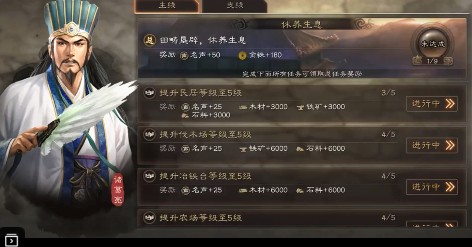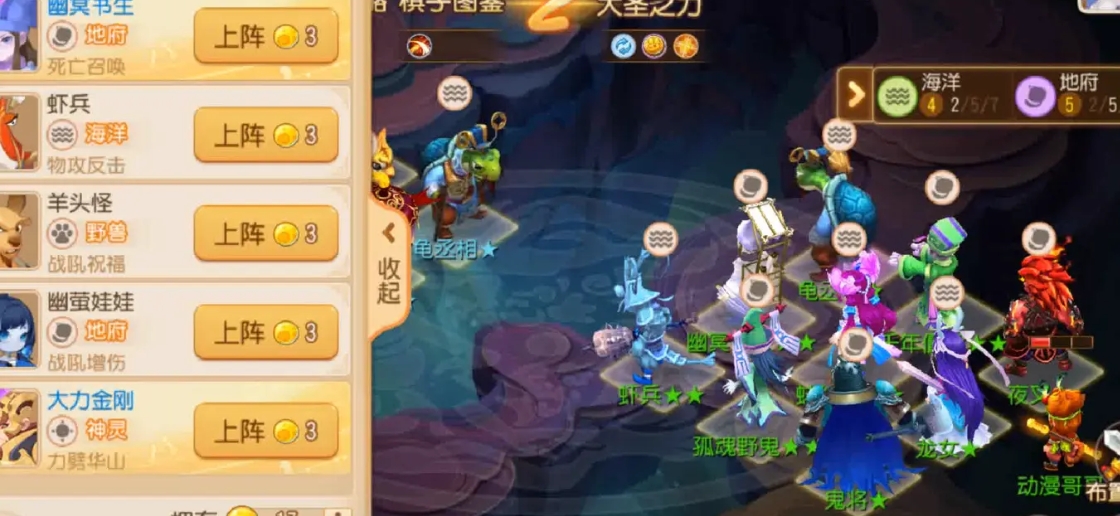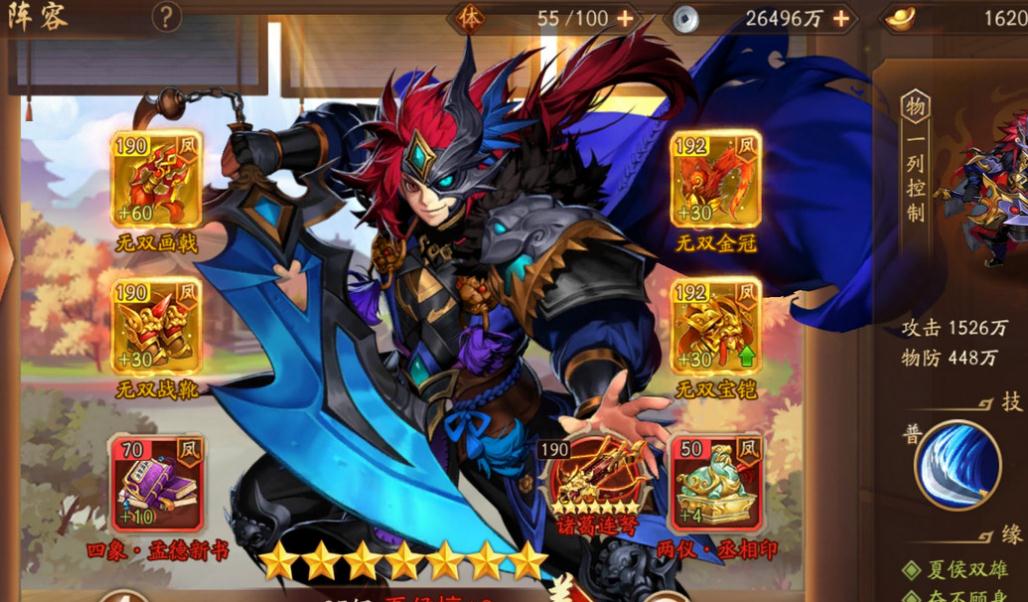What Is the English Expression for Shua Hai in World War II Games?

The term shua hai (刷海) in Chinese gaming communities typically refers to the strategy of repeatedly engaging in naval battles or coastal operations to farm resources, experience, or achievements in World War II-themed strategy games. In English, this concept is often described as naval farming or sea grinding, where players focus on maritime combat to systematically accumulate in-game advantages. This tactic is particularly relevant in games like World War IIWar Strategy or similar titles, where naval dominance can significantly influence territorial control and resource allocation.
Insert imageA screenshot of naval units engaging in combat in a WWII strategy game
Naval farming involves optimizing fleet composition and battle tactics to minimize losses while maximizing gains. Players often prioritize fast, durable ships like destroyers or submarines for quick raids, or deploy aircraft carriers for sustained offensive capabilities. The key is to balance aggression with efficiency, ensuring that each engagement yields tangible benefits without overextending resources. Unlike land-based strategies, naval operations require careful attention to unit mobility and supply lines, as sea battles can quickly deplete fuel and ammunition reserves.
Insert imageA strategic map highlighting coastal regions and naval routes
The effectiveness of sea grinding depends heavily on understanding game mechanics such as unit matchups, terrain advantages, and weather effects. For instance, submarines excel in ambushing convoys but are vulnerable to depth charges, while battleships dominate open-water engagements but struggle in shallow coastal waters. Players must also consider the broader geopolitical context of their campaigns, as controlling key chokepoints like the English Channel or the Pacific islands can disrupt enemy supply chains and secure long-term advantages.
Insert imageA comparison of different naval unit types and their roles
To master naval farming, players should adopt a methodical approach by scouting enemy movements, prioritizing high-value targets, and retreating when necessary. This strategy is not about brute force but rather calculated persistence, where incremental gains eventually lead to overwhelming superiority. Whether playing solo or in alliances, consistent naval pressure can force opponents into defensive postures, creating opportunities for larger-scale offensives. Ultimately, the English expression for shua hai encapsulates a blend of patience, precision, and adaptability—hallmarks of any successful naval campaign in WWII games.
Insert imageA player’s fleet overview showcasing optimized unit combinations
The terminology may vary slightly across gaming platforms, but the core principles remain universal. By focusing on sustainable naval operations, players can turn the tides of war in their favor, one battle at a time.









